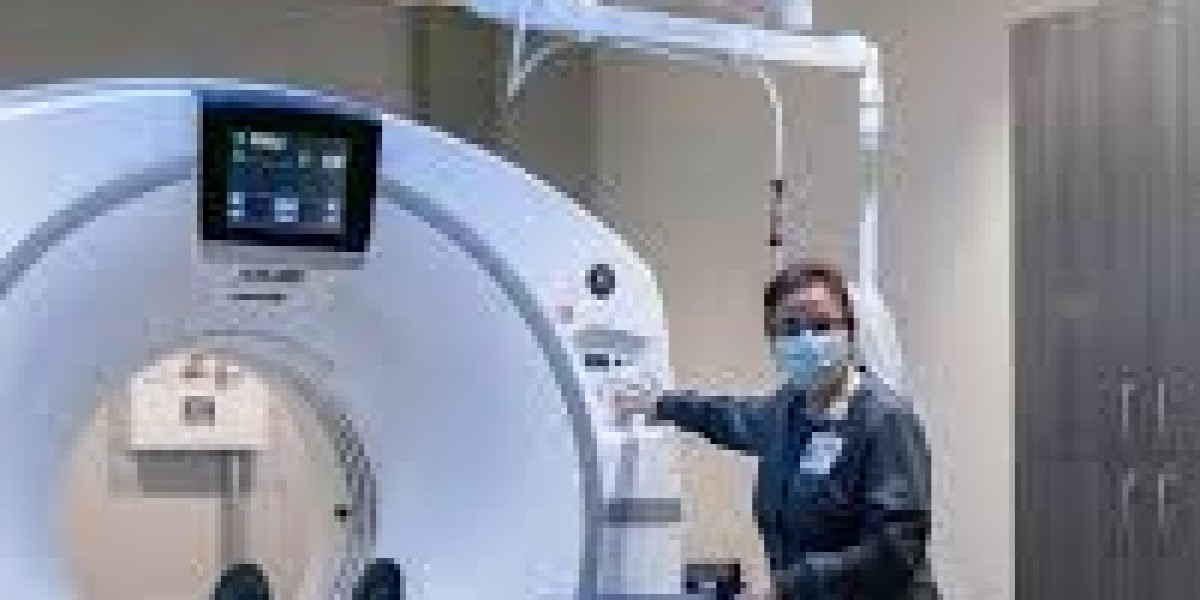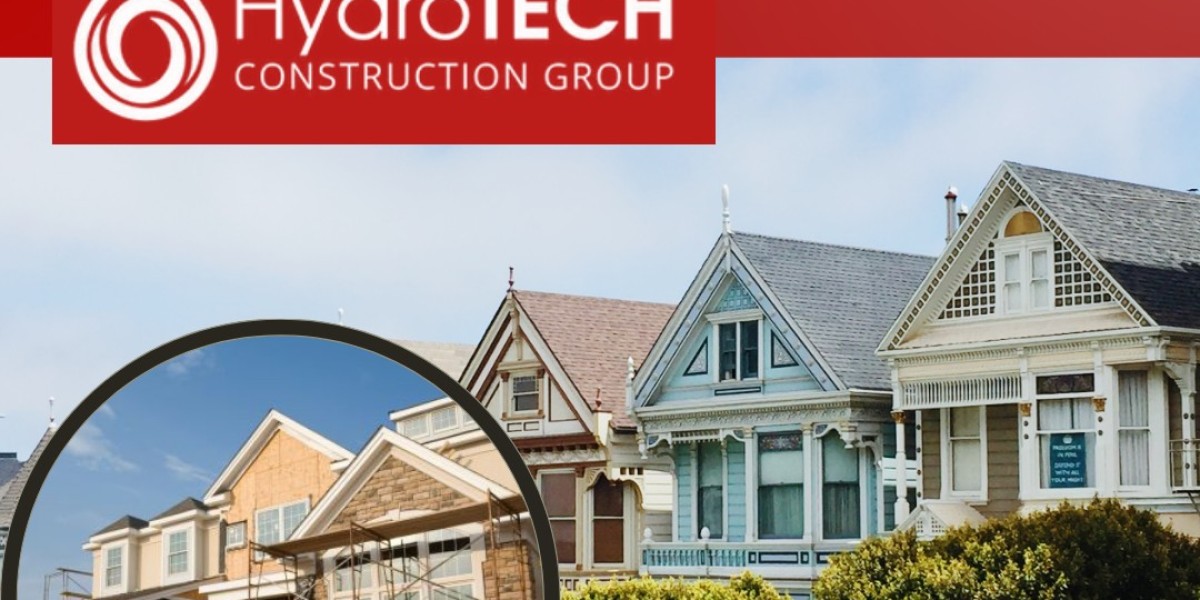Cancer remains one of the leading causes of death worldwide, but advances in medical science have significantly improved early detection and treatment. One of the most effective tools in this fight is Oncological Screening in Riyadh(الكشف عن الأورام بالرياض). This blog explores the importance of regular oncological screenings, what they involve, and how they can help you stay ahead of cancer.
What is Oncological Screening?
Oncological screening refers to a range of tests and procedures used to detect cancer in individuals who may not have symptoms yet. The goal is to identify cancer early when it is most treatable. Oncological Screening in Riyadh involves using these tests to evaluate an individual's risk and detect any signs of cancer before symptoms appear.
The Purpose of Oncological Screening
The primary purpose of oncological screening is to catch cancer at its earliest stages. Early detection can lead to more effective treatment and improved survival rates. By undergoing regular screenings, individuals can significantly reduce their risk of developing advanced cancer.
Types of Oncological Screening Tests
There are various types of oncological screening tests, including:
- Mammograms: Used to detect breast cancer.
- Pap Smears: Used for cervical cancer screening.
- Colonoscopy: Detects colorectal cancer.
- Prostate-Specific Antigen (PSA) Test: Screens for prostate cancer.
- Low-Dose CT Scans: For lung cancer detection in high-risk individuals.
Each of these tests targets specific types of cancer and is chosen based on individual risk factors.
Why Regular Oncological Screening is Important
Regular Oncological Screening in Riyadh is crucial for several reasons:
Early Detection of Cancer
Cancer detected early is often easier to treat. Many cancers are asymptomatic in their initial stages, making early detection critical. Regular screenings increase the likelihood of catching cancer before it progresses to a more severe stage.
Reduced Mortality Rates
Studies have shown that regular screenings can reduce mortality rates for various types of cancer. For instance, routine mammograms have been linked to a decrease in breast cancer deaths. By adhering to screening schedules, individuals can improve their chances of surviving cancer.
Personalized Risk Assessment
Screening tests can help assess an individual’s risk of developing cancer based on personal and family health history. This personalized approach allows for tailored prevention strategies and more effective monitoring.
How Oncological Screening Works
Understanding how Oncological Screening in Riyadh works can help demystify the process and alleviate any concerns.
The Screening Process
The process typically involves the following steps:
- Initial Assessment: A healthcare provider evaluates your health history and risk factors.
- Selection of Tests: Based on the assessment, appropriate screening tests are recommended.
- Testing: The chosen tests are performed, which may involve imaging or sample collection.
- Results Review: Results are analyzed to determine if further investigation or treatment is needed.
Follow-Up Procedures
If a screening test indicates the presence of abnormalities, follow-up procedures such as biopsies or additional imaging may be required to confirm a diagnosis. Early follow-up can help in timely intervention and treatment.
Who Should Get Oncological Screenings?
While anyone can benefit from Oncological Screening in Riyadh, certain groups are at higher risk and should consider more frequent screenings.
Individuals with a Family History of Cancer
Those with a family history of cancer are at a higher risk and should undergo regular screenings according to guidelines. Family history can increase the likelihood of genetic predispositions to certain types of cancer.
High-Risk Individuals
People with specific risk factors such as smoking, excessive alcohol consumption, or exposure to carcinogens may need more frequent screenings. High-risk individuals should consult with healthcare providers to determine an appropriate screening schedule.
Age Considerations
Age plays a significant role in cancer risk. Many screening guidelines recommend starting at a certain age or earlier if risk factors are present. For example, women are generally advised to start mammograms at age 40, while colon cancer screening may begin at age 45.
Benefits of Oncological Screening
Engaging in regular Oncological Screening in Riyadh offers several benefits:
Early Treatment Opportunities
Early detection often translates into more effective treatment options. Cancers detected in their early stages are less likely to require aggressive treatments and have a higher success rate.
Peace of Mind
Knowing that you are proactively managing your health can provide peace of mind. Regular screenings help ensure that any potential issues are addressed promptly, reducing anxiety about potential undiagnosed conditions.
Improved Health Outcomes
Overall, routine screenings lead to better health outcomes by allowing for timely intervention. This proactive approach can contribute to a healthier, longer life.
What to Expect During a Screening
Understanding what to expect during a screening can help prepare you for the process and reduce any anxiety.
Preparation for the Screening
Most screenings require minimal preparation. For some tests, such as colonoscopy, dietary restrictions or fasting might be needed. Be sure to follow any specific instructions provided by the healthcare provider.
The Screening Experience
The actual screening process varies depending on the type of test. For instance, a mammogram involves breast imaging, while a colonoscopy requires a scope examination of the colon. Most procedures are quick and relatively comfortable.
Post-Screening Follow-Up
After the screening, results will be reviewed, and follow-up appointments may be scheduled if necessary. It’s important to discuss the results with your healthcare provider to understand the next steps.
How to Find Oncological Screening Services in Riyadh
If you are interested in Oncological Screening in Riyadh, there are several ways to find services:
Research Local Healthcare Providers
Look for reputable healthcare facilities in Riyadh that offer comprehensive screening services. Many hospitals and specialized centers provide a range of oncological screening tests.
Consult with Healthcare Professionals
Consulting with your primary care provider or a specialist can help guide you toward appropriate screening options based on your health history and risk factors.
Utilize Online Resources
Online resources and health directories can provide information about screening services in Riyadh. Be sure to choose facilities with good reviews and accreditation.
Conclusion
Regular Oncological Screening in Riyadh is a crucial component of a proactive health strategy. By engaging in routine screenings, you can detect cancer early, improve treatment outcomes, and enhance overall health. Understanding the importance of screenings, what to expect, and how to access services can empower you to take charge of your health and stay ahead of cancer. Prioritize regular screenings as part of your health routine to safeguard your well-being and enjoy a healthier life.








